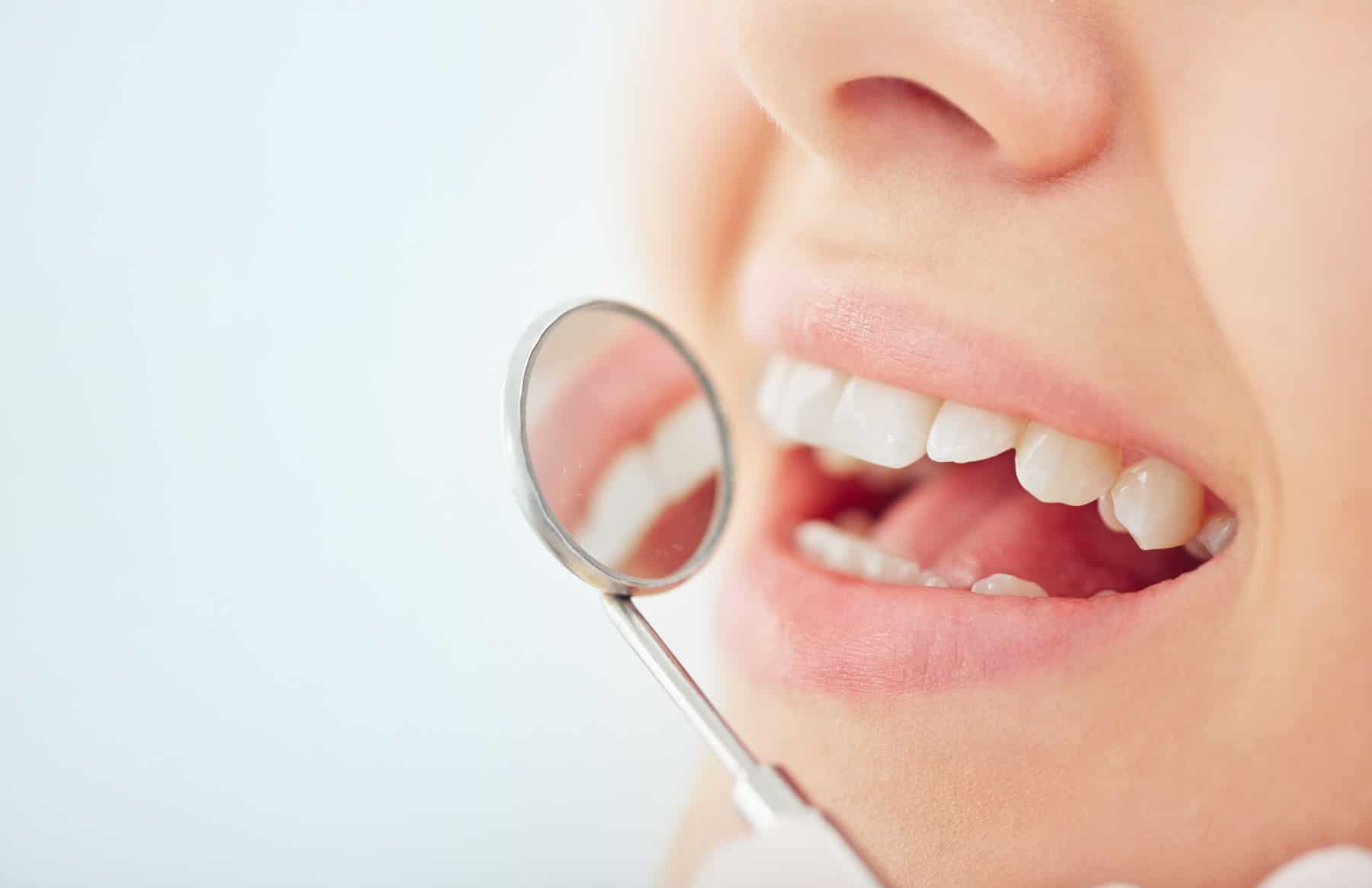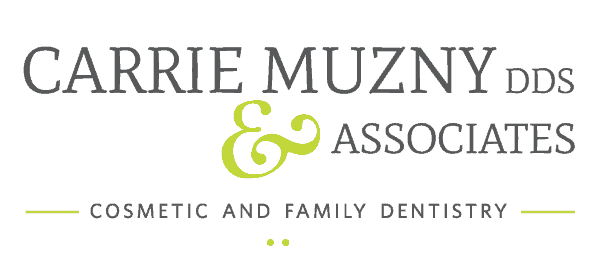
What You Need to Know About Tooth Extraction Aftercare
Extracting a troublesome tooth is sometimes the best way to benefit your oral health, but what should you do after the procedure?
There may still be some discomfort in association with a problem tooth after it has been removed (as is common for any involved dental procedure). Through the benefits of improved dental technology and surgical techniques, trauma to the surrounding area is minimal, and discomfort usually goes away quickly on its own accord within days or weeks, depending upon where the extraction took place (tooth extractions heal considerably faster than other body wounds).
If your aftercare is not followed properly, though, these symptoms could become persistent. Proper post-surgery care is essential to ensuring your mouth heals properly and that secondary infections are prevented.
After undergoing a tooth extraction, it’s crucial that you adhere to your dentist’s instructions so as not to expose your mouth to undue harm. If you’ve recently had a tooth extraction or are about to have one and need to be armed with aftercare advice, read on to get a better idea of what you will need to keep an eye on to keep your teeth and gums healthy after your procedure.
How To Care For Your Teeth After Extraction
#1. Reduce Pain
If you are experiencing severe pain after tooth extraction, it’s best to use mild pain relief / anti-inflammatory medication like Aspirin or Acetaminophen. Over-the-counter medications such as these can reduce swelling in the gum tissue and alleviate pain or discomfort during the healing process.
While these drugs can help alleviate the discomfort and inflammation in your mouth caused by this procedure — they should only be used if an individual is feeling considerable pain. That is to say — take care not to overuse medication while on the mend. Excessive usage of even over the counter medications may make things worse instead of better. Long-term use of pain medications can lessen their effectiveness over time, as well as cause some other health problems.
Follow your oral surgeon’s other recommendations as well, such as using a warm compress to alleviate pressure and swelling. Try applying one to your face in the area of the extraction when pain persists — it will do wonders for relieving lingering discomfort associated with extraction.
#2. Drink Plenty Of Fluids
Drinking water can help restore natural moisture to your mouth after tooth extraction. Drinking plenty of fluids will also reduce the risk of infection and the development of unpleasant post-extraction conditions like dry socket.
Avoid rinsing for the first 24-hours. It will support the healing of your mouth. After that, use a salt-water rinse to help in the recovery of the socket.
Refrain from using straws when recovering from extraction surgery. Straws put pressure on the freshly stitched up area/site where the tooth once resided, and can rupture stitches, increase bleeding, and ultimately open the area up to a higher risk of infection.
#3. Avoid Smoking And Alcohol
Smoking or drinking alcohol after a tooth extraction are not advisable. Both are known to cause dry mouth, which greatly increases the risk of infection. If you smoke, your mouth will heal more slowly and the healing process might take longer. Smoking can also cause certain complications like a greatly increased risk of dry socket, resulting in pain in the gums that causes swelling and blood clotting around the extraction area.
Drinking alcohol while taking antibiotics may cause nausea or vomiting due to interaction between medication and alcohol, and can cause other complications for the liver and digestive tract.
#4. Go Easy on the Brushing!
Avoid brushing for the first 24-hour after tooth extraction. Not only can a brush irritate sensitive areas around where the tooth was pulled, but brushing the exposed wound could push bacteria into the socket and cause an infection.
If you have obtained the go-ahead from your dentist, gently brush with a clean, brand new soft-bristle brush, and do not use harsh oral care products as they can damage the soft tissue in your mouth, especially the gums.
#5. Don’t Miss Your Follow-Up Appointments
Make sure to attend all follow-up appointments with your dentist after the tooth extraction procedure is completed in order to ensure proper healing.
For any further questions or concerns relating to post-extraction care, don’t hesitate to speak with your dentist at your next visit. They will be more than happy to assist and discuss further oral health concerns that you may have or recommend other dental services that will benefit your oral health and help ensure that you can catch any potential problems before they progress and become harder and more expensive to treat.
Take Good Care of Your Oral Health
Carrie Muzny D.D.S. offers the highest-quality dental services for our patients in The Woodlands and surrounding areas. Our highly acclaimed dentists are not only exceptionally trained in modern preventative techniques, but also have attained academic honors and continue to refine their craft year after year in preventative dentistry, restorative dentistry, surgical procedures, and cosmetic dentistry.
With our state-of-the-art technology and vast range of smile-perfecting procedures, we stay atop the field and deliver smiles as sunny as the state of Texas!
To let us help you get that perfect smile, contact us today. You can even request a virtual consultation!

